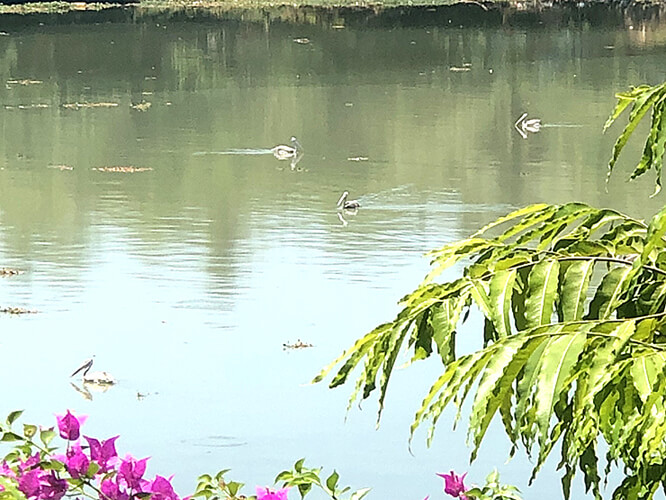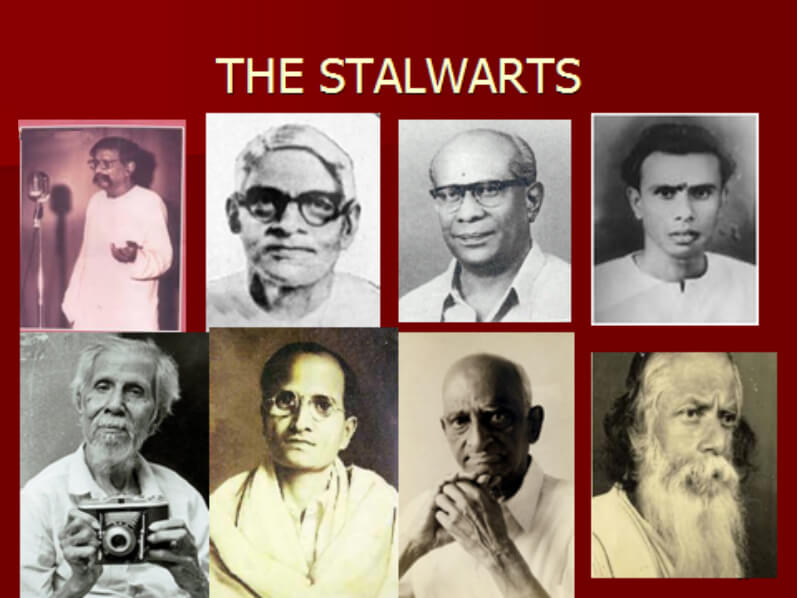Registered with the Registrar of Newspapers for India under R.N.I 53640/91
Vol. XXX No. 6, July 1-15, 2020
Archives: Vol. XXX No. 6, July 1-15, 2020
The Chaos in Chennai’s Supply Chain
by The Editor
We are opening up is the cry that is doing the rounds in the city. Temples and other religious establishments, restaurants, offices, factories and hairdressing saloons are all opening up after the lockdown. The number of COVID afflicted patients is also going up but it is now more or less agreed that living with the prevalence of this virus may be the new way of life. All we need to do at present is to maintain physical distance from others, wash our hands frequently and wear masks. But while people may be ready to resume their various occupations it is quite clear that it may be several months before business returns to normal.
Leave aside the demand side of things – that is for others to worry about. Most factories are at present facing supply-side shortages. There is firstly the shortage of manpower. Most companies in view of the continuing downturn before the pandemic (remember those halcyon days?) had already cut down on contract staff and were depending on workers on their rolls. Now, the mandatory cut in staff strength per shift – to maintain physical distancing, has reduced productivity. There is also the added cost of running three shifts for the same production that came out of two.
The next question is as to whether it is worthwhile at all to resume production. There is always the fear of infection among the workforce and then the consequent sealing of the premises, etc. Many of the smaller manufacturing establishments are unwilling to risk this and have not opened up at all. These form an integral part of the vast supply-side ecosystem of Chennai and their continued closure has choked supply lines. It must also be remembered here that these smaller units depend quite a bit on contract (read migrant) labour, which contingent has all but vanished from the city. The same applies to facilities such as restaurants, retail shops and beauty parlours. None of them may see their workforce return in a hurry.
The arrival of consignments by air and sea have also been disrupted as is the case with rail shipment as well. In the absence of vital raw material, many plants are seeing huge disruptions in what were routine manufacturing activities earlier. The extra time now spent in disinfecting at the port and the air cargo terminals is also adding to the time it takes for consignments to be released.
All of these delays and the extra costs incurred in just about any activity, are pushing up expenses in manufacturing, all of which will eventually reflect in the final price of the finished product. Chennai’s largely automotive sector based businesses are already operating in very price sensitive markets with margins coming in from larger volumes of spares being sold in the retail. With that market as good as non-existent and with higher prices, it becomes a moot point as to whether many of these entities will remain viable.
Avail of Current Concern Over Hygiene to Tame Plastics
by A Special Correspondent
While we fight off the coronavirus, the creation of a sustainable hygiene and sanitation environment through appropriate infrastructure and civic practices is crucial. Nearly 20 per cent of Chennai’s solid waste is plastic. The volume and scatter of plastic waste make separation and collection difficult. In turn, low collection leads to clogged pipelines and the accumulation of filth. Tamil Nadu’s efforts to contain plastic waste began in January 2019. With public health a high priority today, it is an apt time to review the impact of those efforts.
Pelicans in the Adyar River

Seetha Ratnakar, who during the lockdown has had ample time to gaze at the Adyar River, sends us this delightful picture of grey pelicans. It was just in December last year that these birds were first spotted along the Adyar estuary after a period of five years. Experts explain that they’ve appeared to feast on critters like earthworms, snails and frogs brought out by the desilting work happening in the area.
Manikkodi – A Magazine Which Brought Many Young Writers to the Fore
by K.R.A. Narasiah
 Top row: K. Srinivasan, Va.Ra., T.S. Chokkalingam, Pudumaippiththan (Vridhachalam). Bottom row: C.S. Chellappa, Ku.Pa. Rajagopalan, Chitti Sundararajan and N. Pichamurthy.
Top row: K. Srinivasan, Va.Ra., T.S. Chokkalingam, Pudumaippiththan (Vridhachalam). Bottom row: C.S. Chellappa, Ku.Pa. Rajagopalan, Chitti Sundararajan and N. Pichamurthy.The first 12 issues of Manikkodi were published in full newspaper-size (eight pages each) format. From the 13th issue onwards, it was halved into a tabloid size with 20 pages; however, the price remained the same at one anna. The change in size was attributed to complaints by both newsagents and readers that the size was unwieldy.
Fighting the Misinformation Epidemic
by Varsha Venugopal
 Image created by Ruth Burrows, submitted for United Nations Global Call Out to Creatives – help stop the spread of Covid-19.
Image created by Ruth Burrows, submitted for United Nations Global Call Out to Creatives – help stop the spread of Covid-19.In one of the many video clips available of him online, a pleasant-faced, smiling gentleman addresses the camera with a quiet confidence. In Tamil, he breaks the extraordinary news that he has the cure for the novel coronavirus. “Infect me with the virus, I don’t mind. I have been treating my patients without wearing a mask or protective gloves…

